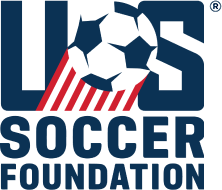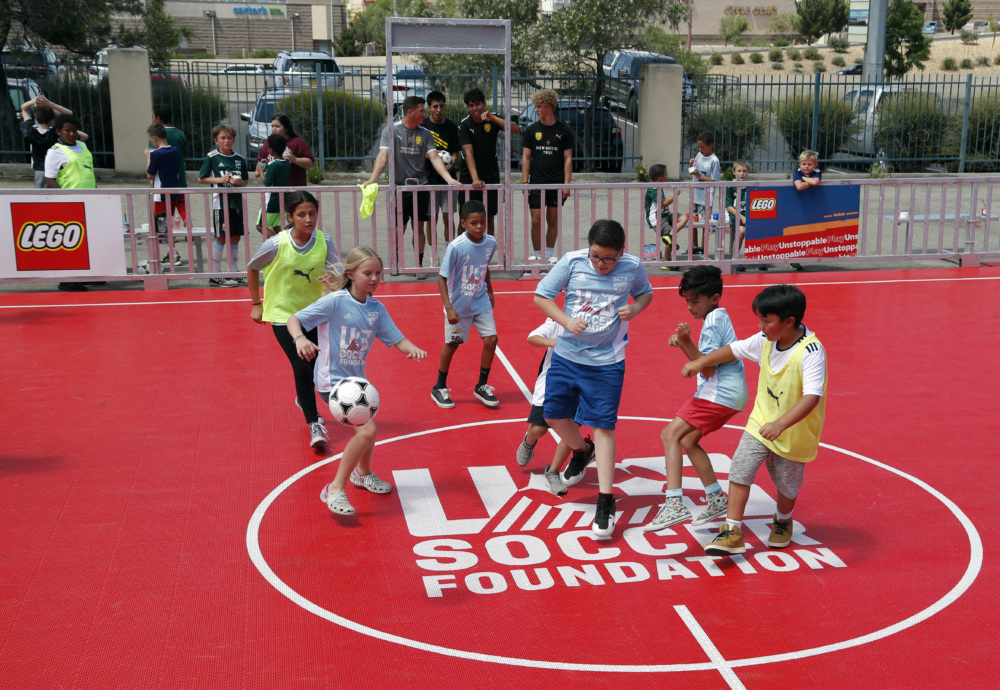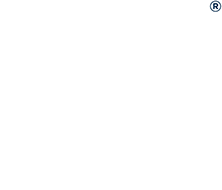

Let soccer do what soccer does.
Together, we can give millions of kids from underserved communities safe places to grow, thrive and build confidence for life.
Much More Than Just Fun and Games:
It’s Time to Double Down in Support of Sports-Based Youth Development Programs and the Children at Greatest Risk
When I reached George Weaver on the phone, he was at a storage shed in the South Los Angeles community served by his organization, Brotherhood Crusade. He was organizing equipment to distribute to kids at home so they could continue to participate in remote Soccer for Success programming with coach-mentors and use at-home practice guides.
“People want to do a lot of things during a crisis like this,” Weaver said, “the first thing we need to do is to be brutally honest.” Honest about the reality of life for children in poverty and the critical role after-school programming plays in their young lives.
According to a report by the Afterschool Alliance, the hours between 3 p.m. and 6 p.m. – when kids get out of school and when parents typically return home from work – is the most dangerous time for children in America. Those hours are the peak time for juvenile crime and experimentation with drugs, alcohol, cigarettes, and sex, the report noted. The COVID-19 crisis, when kids aren’t at school at all, can exacerbate this situation unless we take aggressive steps to avoid that.
“School and after-school programs are often the only place kids get to experience something that will help them transition out of their situation,” Weaver said. “Without them, kids are right in the middle of all the negatives (gangs, drugs, crime, social dysfunction) with nothing to counter it. That’s reality.”
That is why the COVID-19 crisis has prompted such a sense of urgency at the U.S. Soccer Foundation and among our national network of Soccer for Success program partners. Much more than just fun and games, Soccer for Success, and other evidence-based programs like it, provide participants with a connection to a trained coach-mentor. These caring adults not only teach the game but also help children develop life skills and core competencies while motivating them to stay in school and out of trouble.
Sadly, many of the local non-profits providing these essential services to young people at greatest risk are facing significant trouble themselves. Like small businesses nationwide, the shutdowns and social distancing enacted in response to COVID-19 has created significant financial strain. That is why the U.S. Soccer Foundation has continued to provide critical resources to our community partners. At a time when program providers are obliged to invest even more heavily to find new ways to engage children, the U.S. Soccer Foundation is stepping up to provide both financial support as well as programmatic initiatives like Soccer for Success at Home.
But what can you do to help ensure that this lifeline remains available throughout the crisis and emerges even stronger when it passes?
Three things come immediately to mind:
- Donate: Write a check. Support the U.S. Soccer Foundation so we can continue to provide opportunities that will have a measurable impact in the lives of children in poverty. If you’re already a financial supporter, double down in these times of need. If you’ve never given, now is the time to step up. No matter the amount, your gift matters more now than ever.
- Advocate: Congress has taken steps to ensure that nonprofits are eligible for support under the CARES Act. Call or write your elected officials and let them know that it is important to you that nonprofit organizations supporting children in vulnerable populations have access to support in any future relief measures. Your voice matters.
- Join: Enlist in the national movement that champions sports-based youth development programming. This network existed before COVID-19 and it will need to do even more when the crisis passes. Add your name to the list of believers in the power of sport.
Our Soccer for Success partners in Kansas City, underscore how real that need for support is. This school year they were set to engage close to 1,000 children. Diego Barrios, Youth Development Coordinator at Mattie Rhodes Center, struggled with the decision to suspend after-school programming in response to COVID-19.
“These kids’ parents work a lot, no matter what’s going on. They’re still trying to make a living to provide for their family,” Barrios said. “There’s a lot of crime in their neighborhoods. If parents are out working, kids are going to get out of the house to find something to do. I really worry that they could do something that gets them into trouble.”
That takes us back to getting honest. Honest about why sports-based youth development programs matter. Sports is the hook that can open these children up to a host of positive, life-changing outcomes. These programs matter and they need your help now more than ever.
